The Influence of Reality TV on Popular Culture
Reality TV has become a pervasive force in popular culture, shaping the way we view entertainment, society, and even ourselves. From shows like “Survivor” and “The Real World” to more recent hits like “Keeping Up with the Kardashians” and “The Bachelor,” reality TV has not only captured the attention of audiences around the world but also impacted how we interact with media and each other.
Entertainment
One of the most obvious impacts of reality TV on popular culture is its influence on the entertainment industry. Reality TV shows have dominated television schedules, attracting millions of viewers with their drama, humor, and suspense. These shows often blur the line between fiction and reality, creating a sense of voyeurism that keeps viewers hooked.
Reality TV has also given rise to a new breed of celebrities, who often become household names overnight. From Kim Kardashian to Snooki, these reality TV stars have leveraged their newfound fame to build lucrative careers in fashion, beauty, and entertainment. They have become role models for millions of fans, shaping trends in fashion, lifestyle, and social media.
Society
Reality TV has also had a profound impact on society, influencing how we perceive ourselves and others. The rise of reality TV has led to a culture of self-exposure, where people share intimate details of their lives on social media platforms like Instagram and Snapchat. This culture of oversharing has blurred the boundaries between public and private life, leading to concerns about privacy and authenticity.
Reality TV has also shaped our understanding of social issues, from gender and race to class and sexuality. Shows like “RuPaul’s Drag Race” and “Queer Eye” have challenged stereotypes and sparked important conversations about diversity and inclusion. These shows have helped to amplify marginalized voices and bring attention to important social issues.
Interactions
Reality TV has changed the way we interact with each other, both online and offline. Social media platforms like Twitter and Facebook have become virtual water coolers, where fans can discuss their favorite reality TV shows in real-time. These platforms have enabled fans to connect with each other, share their opinions, and even influence the outcome of shows through online voting.
Reality TV has also influenced the way we communicate, from the rise of reality TV-inspired slang to the popularity of reality TV-inspired memes and GIFs. These forms of communication have become a shorthand for expressing emotions and connecting with others, creating a shared language that transcends cultural boundaries.
In conclusion, reality TV has had a significant impact on popular culture, shaping the way we view entertainment, society, and ourselves. From influencing trends in fashion and lifestyle to sparking important conversations about social issues, reality TV has become a powerful cultural force that shows no signs of slowing down. As long as audiences continue to tune in, reality TV will remain a dominant force in popular culture.
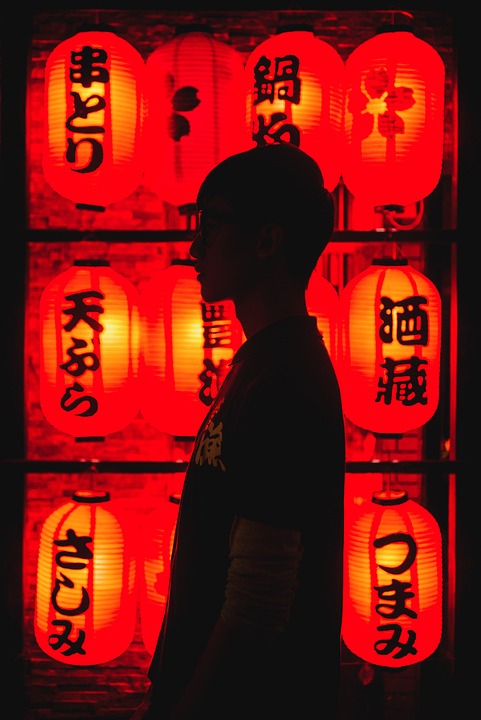
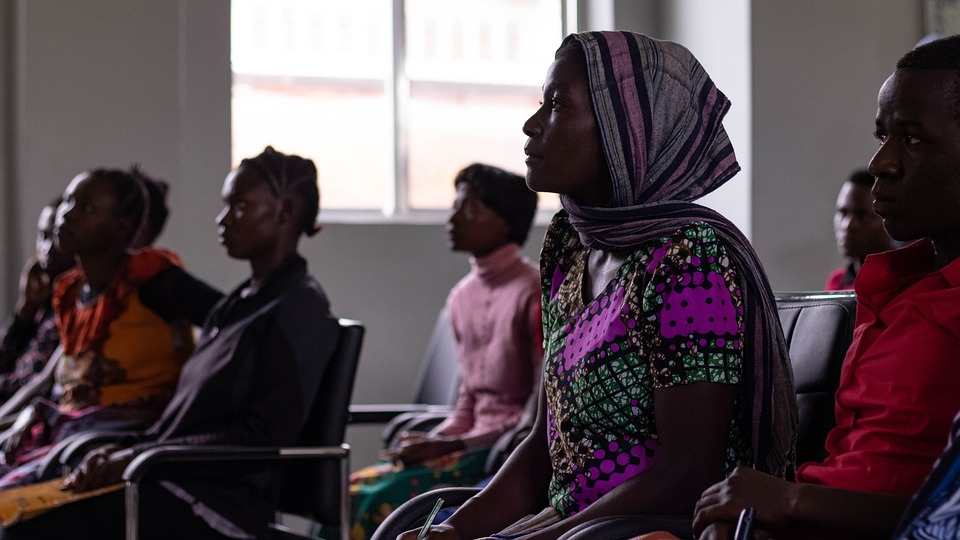



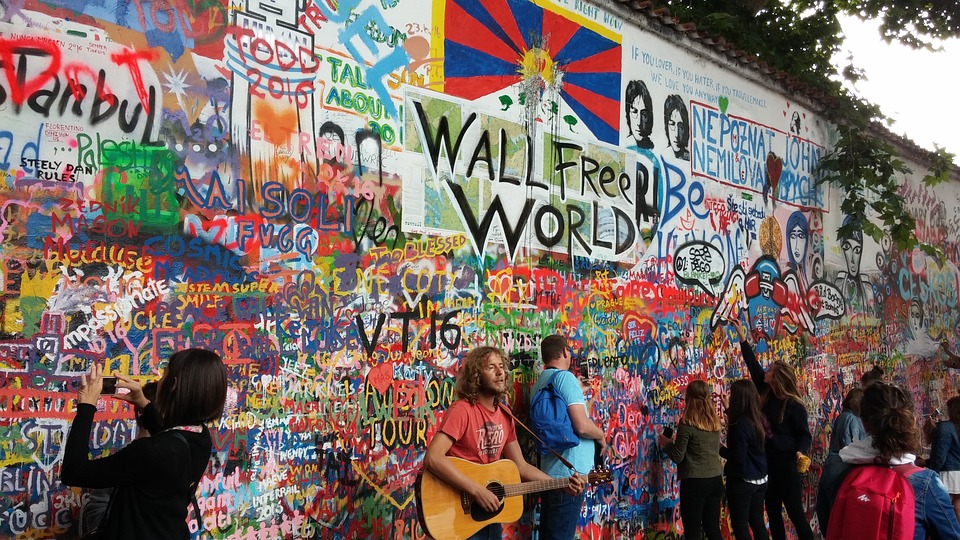
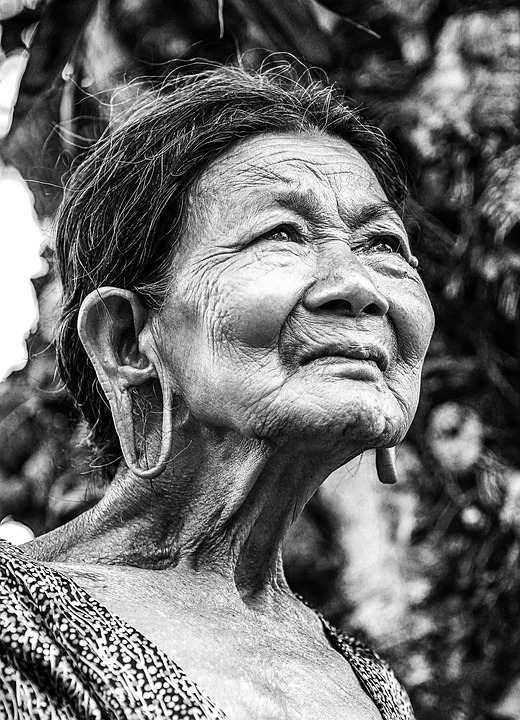
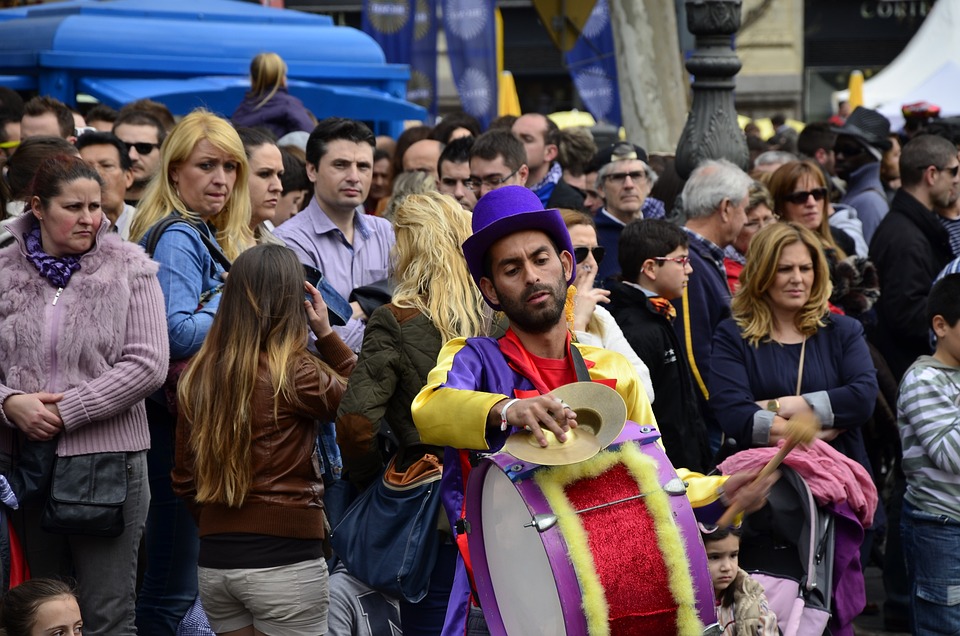

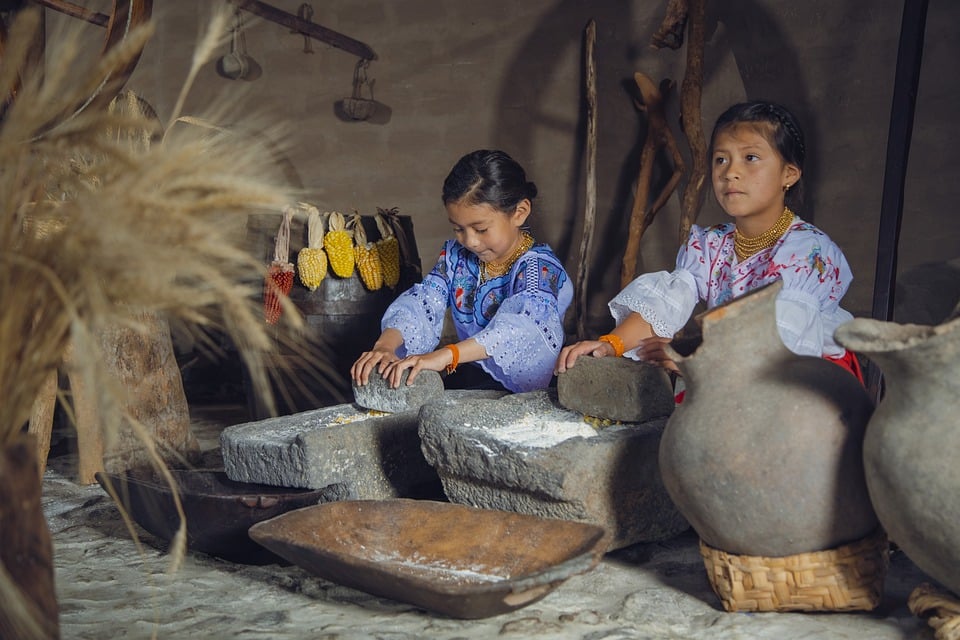

Leave a Reply